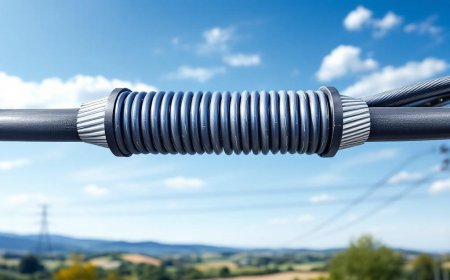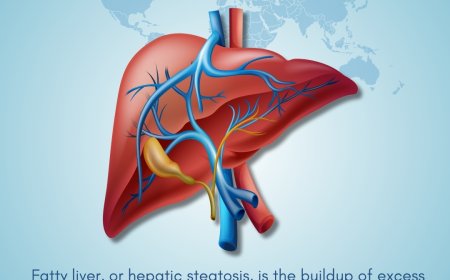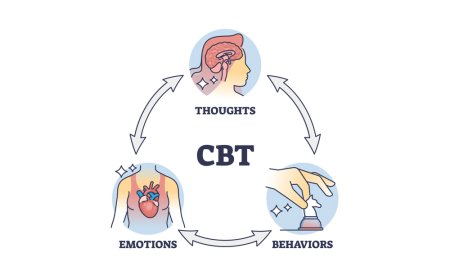Stress Management Techniques for 2026 That Actually Work
Discover practical and science-backed stress management techniques that actually work in 2026. Learn how to balance your mental health, boost productivity, and find calm through modern methods that truly make a difference.

In today’s fast-paced world, stress has become an inevitable part of life. From tight work schedules and financial pressures to social media overload, the triggers seem endless. However, with the right stress management techniques that actually work, it’s possible to find calm, regain focus, and live a healthier, more balanced life in 2026.
1. Mindful Breathing and Meditation
Mindful breathing remains one of the most powerful yet underrated stress management techniques that actually work. Taking just five minutes a day to focus on your breath can lower cortisol levels, reduce anxiety, and clear mental clutter. Meditation apps like Headspace, Calm, or Insight Timer make it easier than ever to practice mindfulness, even if you’re a beginner.
Start small inhale deeply through your nose for four seconds, hold for two, and exhale slowly through your mouth for six. Repeat this for five minutes each morning, and you’ll notice a dramatic difference in your mood and energy levels.
2. Digital Detoxing for Mental Clarity
With constant notifications and endless scrolling, our minds rarely get a break. A digital detox even for a few hours each day can help reset your focus and improve sleep quality. Try turning off push notifications or setting “no screen” hours in the evening.
This doesn’t mean you have to quit social media entirely, but learning to manage your digital environment is essential for mental balance. Digital wellness is one of the most effective stress management techniques that actually work in 2026, especially as technology continues to dominate our lives.
3. Physical Activity and Movement Therapy
Exercise is more than just a way to stay fit it’s a natural stress reliever. Activities like yoga, pilates, walking, or dancing release endorphins that help you feel calmer and more positive. You don’t need an expensive gym membership; consistency matters more than intensity.
Even a 20-minute walk in nature can lower stress hormones and improve mental clarity. Movement therapy, such as stretching or light aerobic exercises, also promotes better sleep and emotional resilience.
4. Journaling and Emotional Awareness
Writing down your thoughts is one of the simplest yet most effective tools for self-reflection. Journaling helps you process emotions, identify triggers, and track your progress. Instead of bottling up feelings, putting them on paper can give you perspective and release tension.
You can use prompts like:
-
What made me feel anxious today?
-
What am I grateful for right now?
-
What can I control, and what can I let go of?
At The Scribble World, we believe that self-expression and emotional awareness are key components of a healthy mind. Simple practices like journaling can transform how you handle stress and build long-term emotional strength.
5. Building Healthy Boundaries
Saying “no” is an underrated life skill. Whether it’s overcommitting at work or dealing with draining relationships, setting healthy boundaries protects your mental energy. Start by identifying situations that make you feel overwhelmed and learn to communicate your limits respectfully.
Healthy boundaries not only prevent burnout but also create space for activities that nourish your well-being. This approach aligns with modern stress management techniques that actually work, promoting both self-respect and mental peace.
6. Nutrition and Restorative Sleep
What you eat and how well you sleep play a huge role in stress levels. Caffeine, processed foods, and sugar spikes can increase anxiety, while nutrient-rich meals keep your mood stable. Aim for a balanced diet with fruits, vegetables, lean proteins, and plenty of hydration.
Quality sleep, ideally 7–8 hours per night, is non-negotiable. Create a calming bedtime routine dim the lights, avoid screens, and use relaxation techniques before bed to help your mind unwind.
Final Thoughts
Managing stress isn’t about eliminating it entirely it’s about learning to respond better. By combining mindfulness, movement, journaling, and digital balance, you can create a personalized toolkit that keeps you centered even in chaos.
As we step into 2026, adopting these stress management techniques that actually work can help you live a calmer, healthier, and more fulfilling life. Remember, lasting peace comes from small, consistent changes and The Scribble World is here to guide you every step of the way.































